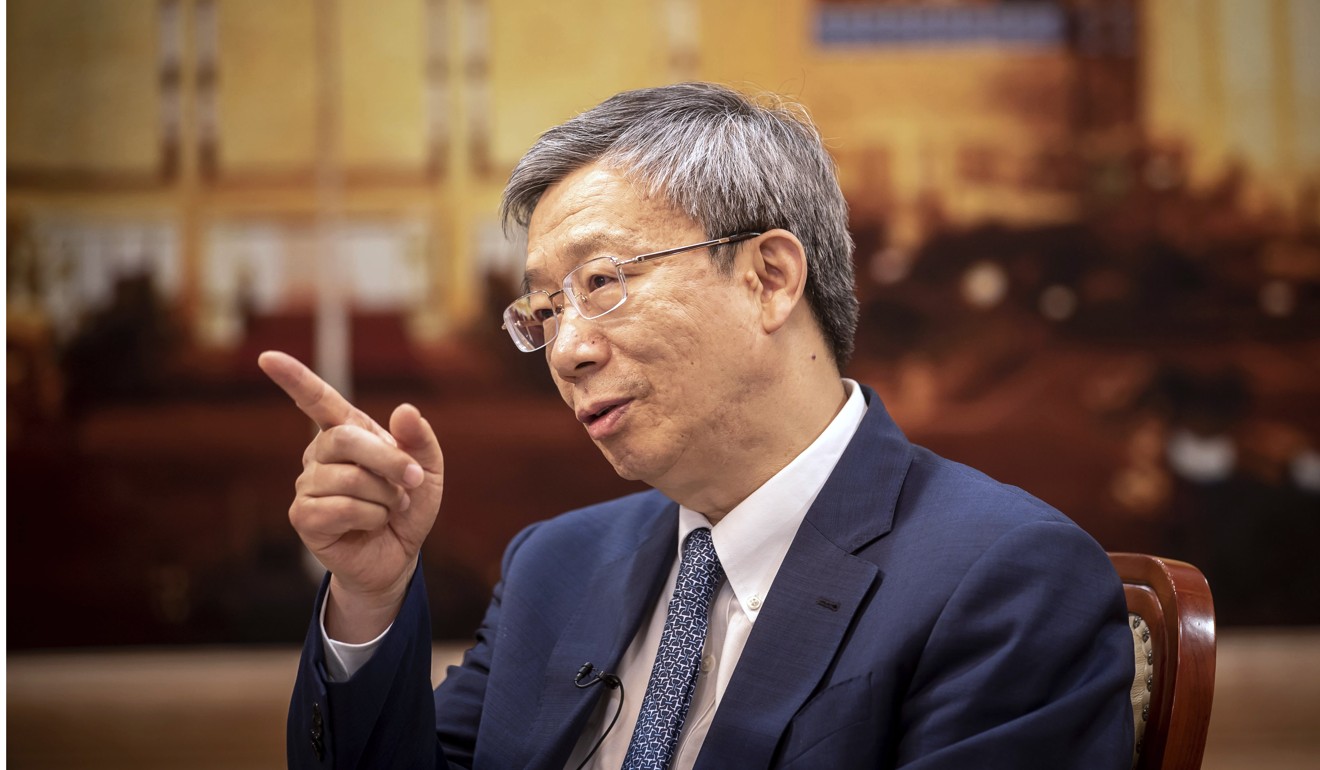
This most unloved asset might be the biggest winner in the second half, and it’s not gold or real estate, says UBS
- UBS Global Wealth Chief Investment Office says it expects 5 to 10 per cent upside in the MSCI China Index during the second half
- Tax breaks designed to shore up exporters will boost earnings per share among selected sectors, the UBS says

Trade talks between Beijing and Washington have entered a new normal, characterised by a drawn out cycle of progress followed by renewed tensions, a relationship based on repetitive conflict that adds up to higher volatility for China and Hong Kong equities, according to UBS.
But supportive policies from Beijing means there could be 10 per cent upside in Chinese equities, while Hong Kong’s market, which has no immediate stimulus, is likely to underperform, said Eva Lee, head of Hong Kong equities at UBS Global Wealth Chief Investment Office.
Lee said the Swiss bank’s strategic advice was for investors to remain overweight equities versus fixed income, gold and real estate.
Lee said the upbeat view on mainland equities was based on the expectation stocks could climb a wall of worry even as the economic backdrop is clouded by concerns of a global recession as indicated by the US yield curve inversion.
She noted that US stocks enjoyed gains of up to 20 per cent in the year-long period before the onset of the 2008 global crisis, underscoring the market’s tendency to advance during periods of uncertainty.
The US Treasury market may again be signalling trouble ahead, as the yield of 10-year US Treasuries dived below that of three-month government bonds in early June, a signal that some economists believe could point to an upcoming recession.
“The stock market is sensitive to the progress of the US-China trade talks, and performance will continue to be bumpy [over the next six months],” said Lee, adding that tariffs and sanctions imposed against mainland tech companies would weigh on earnings.
UBS’s view for a 5 to 10 per cent rally in Chinese equities is based on the MSCI China Index, a gauge of 491 large and mid cap companies listed on the mainland and other markets.
Policy support from the central government, such as the lowering earlier this year of the value-added tax rate for manufacturers to 13 per cent from 16 per cent, would likely begin to show benefits during the second half, she said.

“The impact from the tax cut would be different depending upon industry, some would benefit from the tax cut more than others,” Lee said.
Lee said favoured sectors included traditional Chinese medicine, materials and white good manufacturers.
She said the People’s Bank of China is likely to continue to roll out supportive monetary policies to sustain economic growth at the official target of 6 to 6.5 per cent this year. Another 100 to 200 basis point cut in the reserve requirement ratio, or the amount that banks must hold as reserves, is likely before the end of the year, Lee said.
The central bank cut the reserve ratio for all banks in January, a move which freed up a net 800 billion yuan (US$116.51 billion) in new lending.
UBS said MSCI China Index constituents listed in Shanghai and Shenzhen will see earnings per share growth of 12.5 per cent growth this year and 10 per cent in 2020. The MSCI benchmark will see the average price to earnings multiple at about 12 times for 2019, slightly lower than the historical average, she said.

Conditions in Hong Kong were less favourable for equities.
“Hong Kong’s GDP growth for the first quarter has reached a new low, that has affected corporate earnings and our estimates for corporate earnings growth would also remain lower,” said Lee.
Hong Kong’s economy grew 0.6 per cent in the first quarter on year, its slowest quarterly growth in nearly a decade.
Lee said Hong Kong corporate earnings have not benefited from Beijing’s supportive fiscal and monetary policies designed to help soften the impact from the US-China trade war.